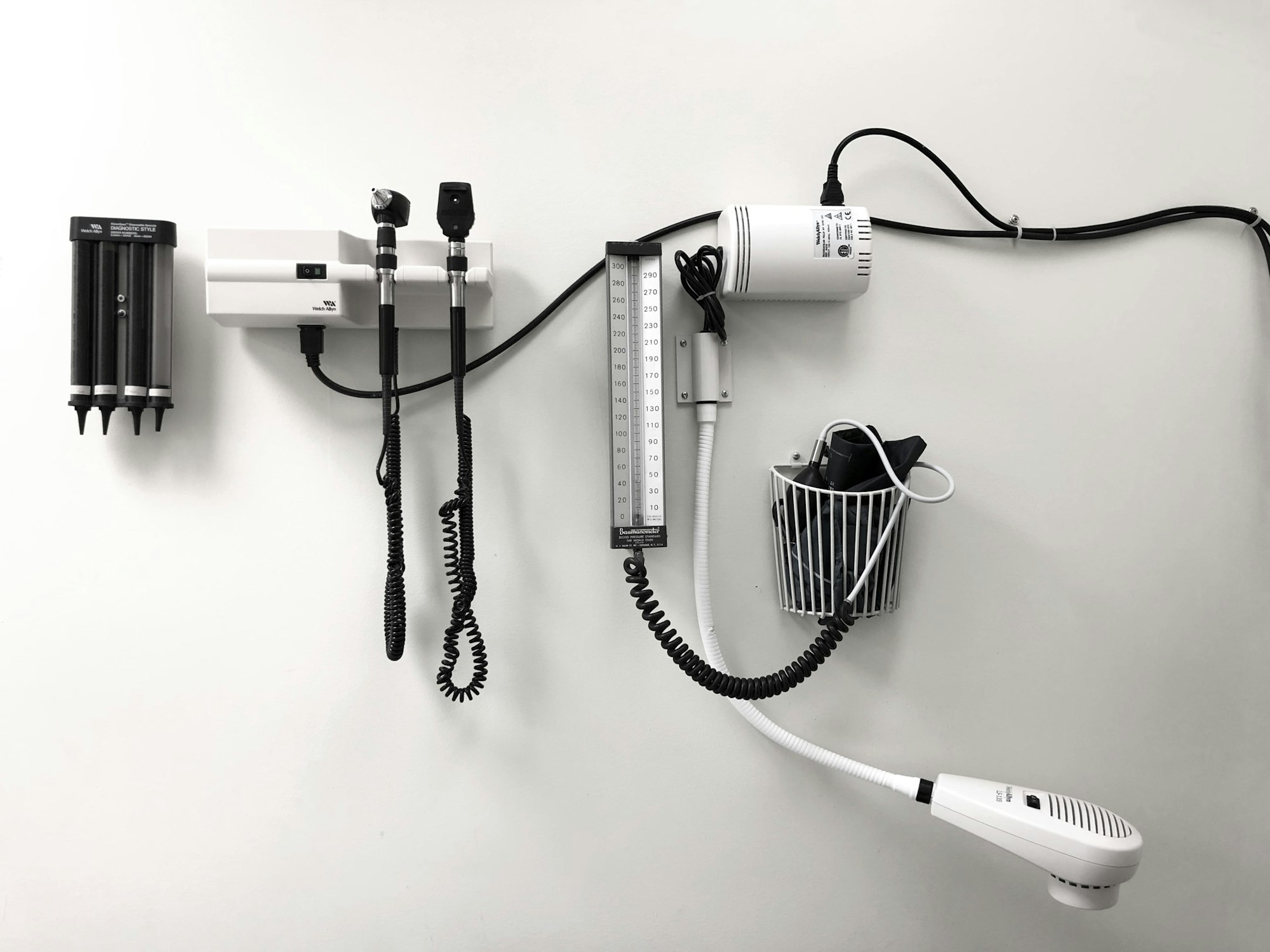Breaking Barriers: How a Doctorate Degree Can Enhance Your Nursing Career
Table of Content
Are you considering a doctorate in nursing? You might be wondering what is a DNP degree, and where it can take you in your nursing career. We've prepared this helpful article as a guide to doctorate degrees in nursing and how earning one could vitally enhance your nursing career.
We'll discuss what the degree is, the benefits of obtaining one, the career pathways it opens up, and what you should consider prior to embarking on a DNP study. So, if you're interested in this topic, continue reading to learn more.
What is a Doctorate of Nursing Practice Degree?
Known as DNP for short, a Doctorate of Nursing Practice is a postgraduate doctoral degree qualification and is the most common advanced qualification for nurse practitioners in the United States. Nurses who go on to earn a DNP will primarily end up working in clinical practice roles rather than in an academic or research capacity. This qualification will typically allow a nurse to pursue various leadership roles in primary healthcare and clinical settings to ensure a high standard of care.
A DNP is also the highest advanced nursing degree, sitting a whole level above a Master of Science in Nursing (MSN).

The Benefits of Having a DNP
Pursuing a doctorate in nursing is a bold statement of a nurse's commitment to ongoing valuable personal and professional development. This rigorous academic journey to obtain the qualification fosters skills such as critical thinking, research skills, and a deeper understanding of nursing theory and practice.
A DNP is an advanced level of education that can hone your skills, embody your commitment, and help you develop the skills to become a nurse leader or to occupy specialized roles such as becoming a nurse scholar or nurse scientist.
By obtaining a DNP, you're demonstrating to prospective employers that you are a cut above the average nurse and that you're ready and able to take on additional responsibilities and manage tasks beyond the remit of a regular nurse. It can open up career pathway opportunities that may not be present with a lesser qualification.
What Career Paths Does it Open Up?
Nurses who obtain a DNP might work in a variety of leadership settings within the healthcare sector. DNP-qualified nurses could work in roles such as unit manager roles, ward team leader roles, or senior administrative roles in various settings.
For instance, you might join the leadership team of a local hospital or work in managerial settings in the community health sector or for a non-profit healthcare provider or a private hospital setting.

Once you've obtained your DNP and you're working in a nurse role, you may find yourself completing certain tasks in a primary healthcare setting, such as:
- Prescribing medications
- Performing diagnostic tests
- Diagnosing and treating patients
- Consulting on complex case presentations
- Handling patient feedback and complaints
- Supervising student nurses
- Leading a team of nurses
- Working on policy development and review.
A DNP may also prepare you for executive-level healthcare roles. These roles may include office management of a primary care physician's clinic or the director of various units in a hospital setting. You may end up being the chief nurse officer (CNO) of a hospital or the president or CEO of a healthcare organization. In addition, if melding teaching and leadership is your passion, with a DNP, you can also work as the dean or director of a nursing program.
What to Consider Before Undertaking DNP Study
The average time to complete a DNP program is between two to four years. Two years is the time it will take if you commit to this qualification full-time, whereas four years is the duration if you pursue it part-time and remain working at the same time. You will also have to complete a certain amount of clinical practice hours (usually between 500-1000) overseen by a qualified supervisor, who will communicate with the college to ensure you achieve your goals and tasks required to obtain the qualification.
You also need to consider if the qualification is right for you, your needs and your career goals.
Now that you know more about the DNP, you need to consider if it is the right degree for you. To answer this question, you need to think about your long-term goals as a nurse. Do you dream of returning to study to advance your qualifications, responsibility, knowledge, and role as a nurse or nurse educator? Ask yourself if you want to directly impact healthcare at various organizational and systematic levels and support the delivery of patient-centred care in a primary healthcare setting.
If you answered yes to at least one of these questions, then a DNP is likely right for your circumstances. Becoming a DNP-level qualified nurse will provide heaps of opportunities at the organizational and university levels. Achieving your DNP will lead to more senior career opportunities, allowing you to work toward your nursing goals and, ultimately, greater satisfaction with your job, not to mention the higher pay that senior roles offer.
Deciding to Pursue a DNP
This informative article has broken barriers and explained how a DNP degree can enhance your nursing career. We've discussed what a DNP is, what it takes to achieve this level of qualification, as well as the benefits of obtaining it. Furthermore, we've shared what roles you can work in with this level of qualification, as well as exploring if this is the right study pathway for you and your career goals.
Further Readings!


















